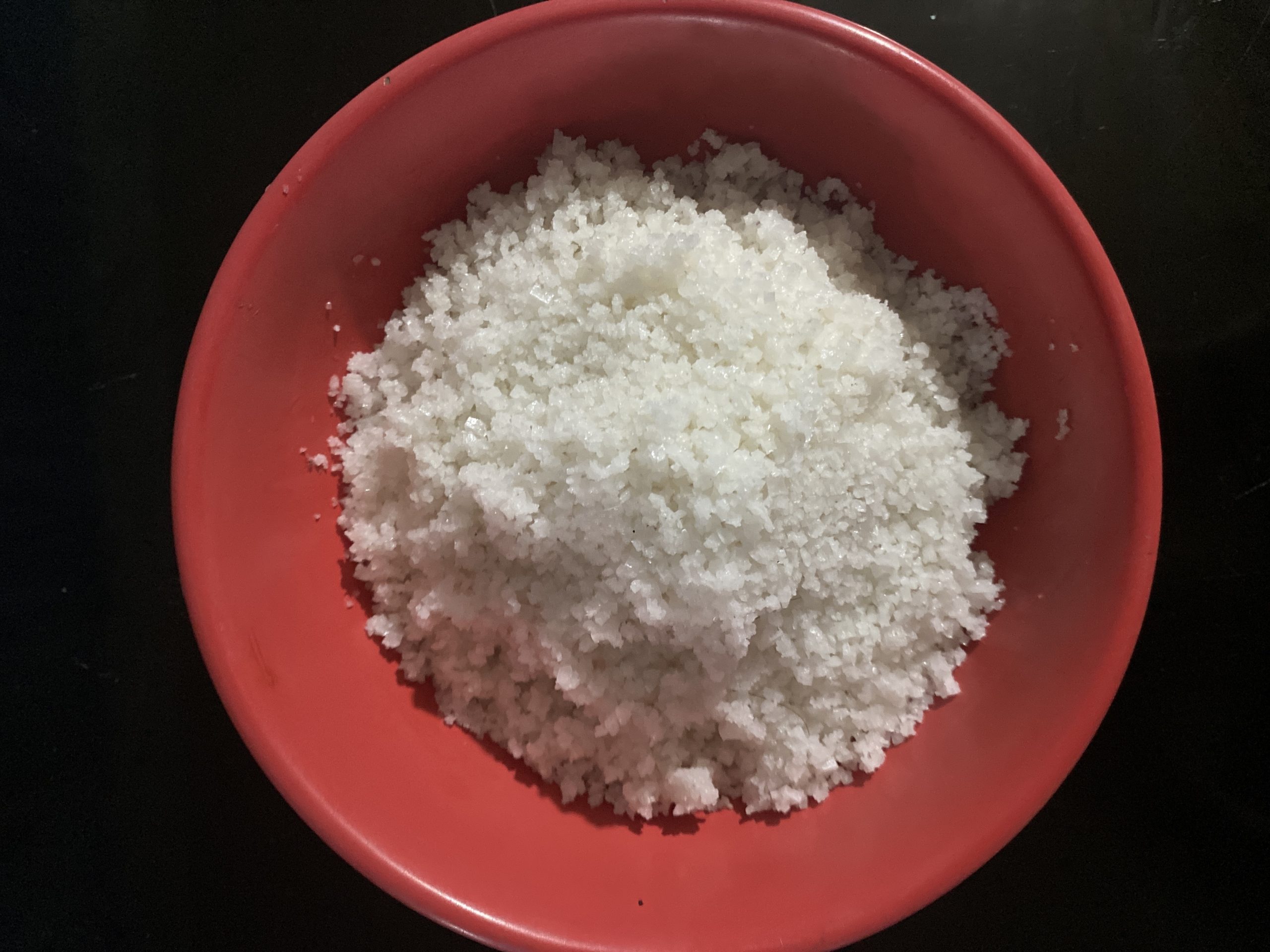
Different national government agencies will work closely to enhance the development of the local salt industry, and enable the sector to be self-sufficient.
To date, the country has been importing 93% of its salt supply, an unfortunate circumstance to a country with 36,000 kilometers of shoreline.
In line with this, the Department of Agriculture (DA) shall implement initiatives and measures to boost production and supply the requirements of both commercial and industry users.
The DA, thru the Bureau of Fisheries and Aquatic Resources (BFAR), will lead various research and development activities and provide technical assistance to marginal and artisanal salt makers.
Last year, BFAR has set in motion a P100-million Development of the Salt Industry Project (DSIP) under the Special Budget Request (SBR) of the Congressional-Introduced Initiative Project.
Covering Regions 1, 6, and 9, the project aims to increase salt production and produce excellent quality of salt through enhancement and improvement of the different methods and practices on salt production, and product compliance to food safety standards.
The project was jointly undertaken by the BFAR Central Office, the National Fisheries Research and Development Institute (NFRDI), and concerned BFAR regional offices.
DA will also look into the expansion of production areas, and development of technologies including evaporation system and the use of various machineries to accelerate the production of salt.
Likewise, facilities for processing, packaging and value adding will be provided to marginal salt makers under a co-sharing agreement.
Last July, under the Bayanihan 2 Program, the DA-BFAR regional office in Ilocos turned over an aluminum van truck to the local government unit (LGU) of Dasol, Pangasinan and other post-harvest equipment to residents engaged in salt-making.
A number of factors have contributed to the decline in the production of salt including low quality control and stunted product improvement for many years.
Limited development has also been noted, including the lack of innovation and interventions, as well as low enterprise and investment opportunities that resulted to the decrease in the production of the said commodity.
In addition, the sector has failed to adapt to the challenges caused by the global climate change, food safety standards and quality requirements, and tariff reduction, and meet the mandatory iodization imposed by Republic Act 8172, or the Act for Salt Iodization Nation-wide (ASIN).
To further enhance the local salt industry, DA will collaborate with national agencies including the Departments of Environment and Natural Resources (DENR), and Trade and Industry (DTI).
Under the ASIN law, DENR , along with other appropriate government agencies shall identify areas that are suitable for use as salt farms with the purpose of protecting such areas from environmental risks to ensure sustainability of iodized salt production.
The law also mandates DTI to assist and support local salt producers/manufacturers in upgrading their production technologies to include iodization by helping them obtain soft loans and financial assistance for the procurement of salt iodization machines, packaging equipment and technology and fortificant; and by ensuring systematic distribution of the iodized salt in the market.
ASIN law requires the addition of iodine to all salt intended for animal and human consumption in order to eliminate micronutrient malnutrition in the country. ### (Adora D. Rodriguez, DA-AFID)














